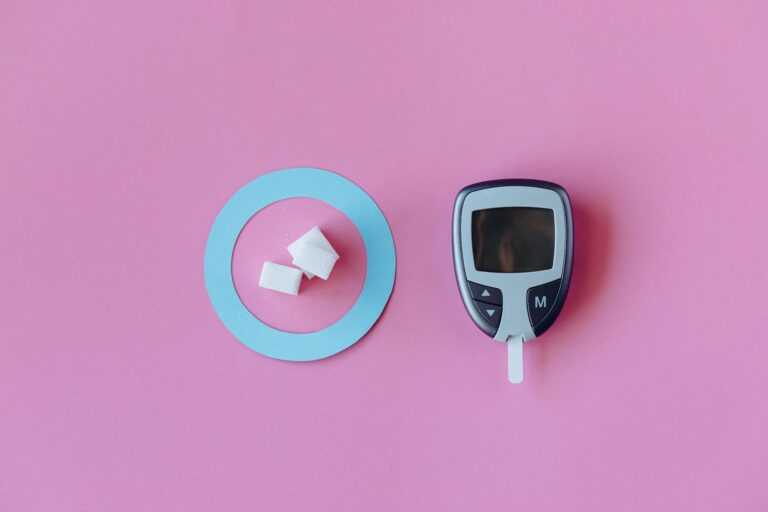### How Miracle Berries Influence Brain Plasticity
Imagine a world where sour and tart foods taste sweet and delicious. This is exactly what the Miracle Berry, also known as the MiraBurst Miracle Berry, does. But how does this small fruit influence our brain and its incredible ability to adapt and change, known as brain plasticity?
### The Science Behind Miracle Berries
The Miracle Berry contains a unique substance called miraculin. When you eat the berry, miraculin coats your tongue and activates your sweet receptors. This means that any sour or tart food you eat will suddenly taste sweet. For example, lemon water can taste like lemonade, and strawberries will taste like candy[2].
### How This Affects Our Brain
When we eat something that tastes sweet, our brain releases dopamine, a chemical that makes us feel happy and satisfied. This is a natural response that helps us enjoy food and maintain a healthy appetite. However, the Miracle Berry tricks our brain into thinking that sour or tart foods are sweet, which can lead to a different kind of response.
### Brain Plasticity and Taste
Brain plasticity is the brain’s ability to change and adapt throughout our lives. This includes how we perceive and process information, like taste. When we eat something that tastes sweet, our brain creates a connection between the taste and the pleasure we feel. This connection is strengthened every time we eat something sweet, making it easier for us to recognize and enjoy sweet tastes in the future.
The Miracle Berry, by tricking our brain into thinking that sour or tart foods are sweet, creates a new connection in our brain. This new connection can help our brain retrain its taste receptors, making us more sensitive to different flavors. Over time, this can lead to a broader range of taste preferences and a more adaptable brain.
### Benefits for Cognitive Health
While the primary function of the Miracle Berry is to alter taste, it also has other health benefits. It helps curb sugar cravings by making low-sugar-content foods taste sweet, which can lead to healthier eating habits. This, in turn, can contribute to better overall health and potentially even cognitive health.
Studies have shown that regular consumption of berries, including wild blueberries, can slow cognitive aging by up to 2.5 years. These berries are rich in antioxidants and phytochemicals that improve memory and focus[5]. While the Miracle Berry itself does not contain these specific compounds, its ability to alter taste can encourage healthier eating habits, which may indirectly support cognitive health.
### Conclusion
The Miracle Berry may seem like a simple fruit with a unique ability to change the way we taste food. However, its influence on brain plasticity is more profound. By tricking our brain into thinking that sour or tart foods are sweet, it creates new connections in our brain, making us more adaptable and potentially leading to healthier eating habits. While its direct impact on cognitive health is not as clear, its indirect benefits through healthier eating habits make it a fascinating tool for understanding how our brains work and how we can support their incredible plasticity.





